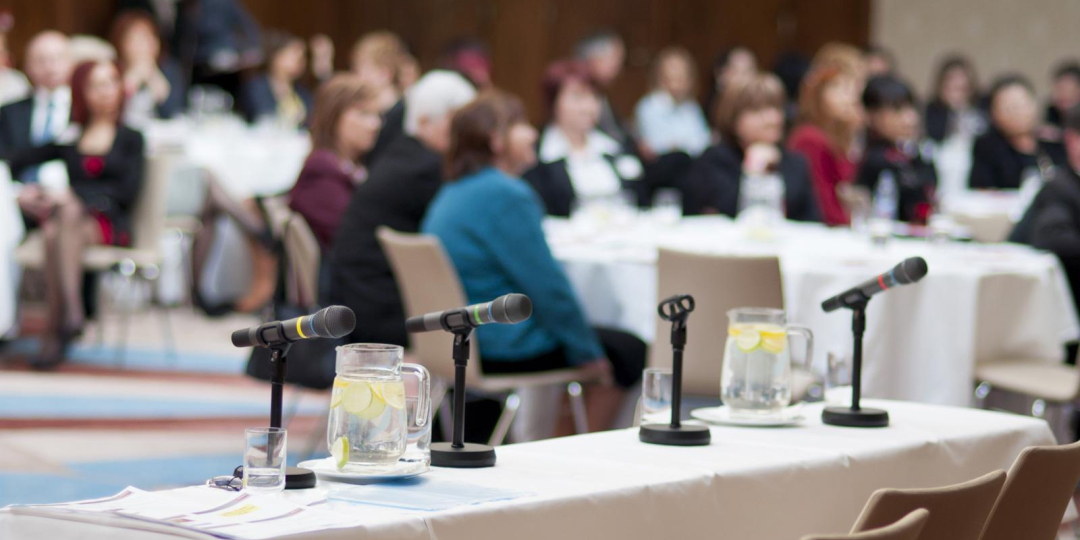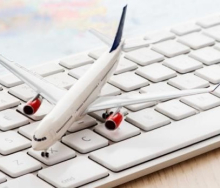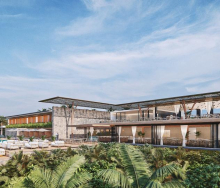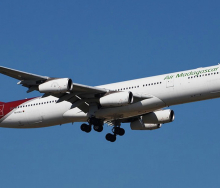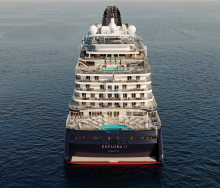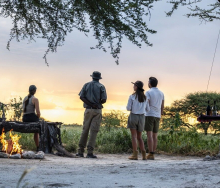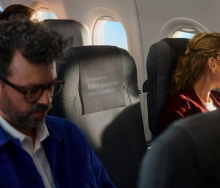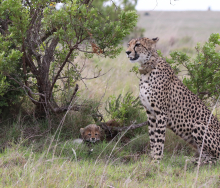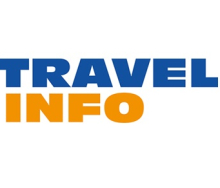UPDATE at 22h15 (June 22): Tonight, Minister of Health, Joe Phaahla, issued a gazetted notice repealing three regulations (16A, 16B and 16C) – which relate to mandatory mask wearing inside a public place or on public transport, the capping of venue capacity (venues were capped 50% of full capacity) and entry requirements dictating that any person entering the country must produce proof of vaccination or a negative PCR COVID-19 test not older than 72 hours at the time of departure.
The current ongoing 50% cap on venue capacity across South Africa is severely handicapping the MICE industry, which is the engine room and driver that powers the country’s economic recovery post-pandemic, asserts Glenton de Kock, CEO of the Southern African Association for the Conference Industry (SAACI).
“We still need to get a push from the private sector, who have kept their business and incentive meetings to a minimum, as we work our way into and out of recovery with the fifth wave of COVID-19 we recently experienced,” De Kock explains. “Cautious optimism abounds, with the understanding that events may be postponed at the last minute.”
The events that have happened recently, such as Meetings Africa (February 2022) and Africa’s Travel Indaba (May 2022), have ensured that in-person attendee confidence can be built back again and demonstrated that South Africa has the capacity to host large-scale events where all can meet safely in person, De Kock points out.
“The current legislation in respect of 50% utilisation of venue use for vaccinated attendees is not economically viable for the business events and exhibition industry,” he says.
While the current regulations still allow for business events and exhibitions to take place, the ongoing cap means that MICE functions are not economically viable - they continue to cost the same regardless of 50% or 100% attendance. At the same time, the events industry remains the only economic sector required by the government to mandate the full vaccination of all attendees.
The way forward
“It may be best to have the regulations as guidelines and allow the industry that is already regulated by the Safety at Sports and Recreation Events Act 2 of 2010 (SASREA Act) to self-regulate with the oversight of allowing large business events and exhibitions with the local authorities,” De Kock suggests.
For any decision to be made, a business meeting may be needed, he explains. “This is why the need to lift the current restrictions will allow businesses and government to meet more regularly in person. Our industry drives the knowledge economy that helps key industries and services.”
The business events and exhibition sectors provide these platforms daily, so the proposed restrictions will hamper other economic sectors while severely damaging the business events and exhibition supplier base with further skills erosion.
SAACI has urged the government to consider the economic and employment impact the ongoing capacity cap is having on the MICE industry.
Adapting to a ‘new normal’
“MICE suppliers and services need to realise that it is unlikely we will be going back to the pre-COVID days entirely. Hence, innovation is required by all parties,” says Helen Brewer, Founder of The MICE Academy. “For a crowd of 500, for example, social distancing is an issue as double the space is needed to host an event, which becomes unprofitable.
“The end-user is loath to be the one who pays for adherence to COVID-19 regulations, and is likely to continue to be hesitant in being a part of the problem when it is the service suppliers who should find the methods to be a part of the solution,” Brewer concludes.
EDITOR’S NOTE: Travel News understands that the National Health Department has proposed to the National Coronavirus Command Council that, amongst others, Regulation 16B (relating to the venue cap) be scrapped.
